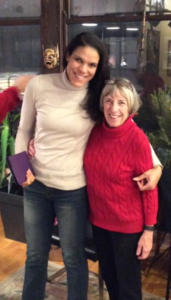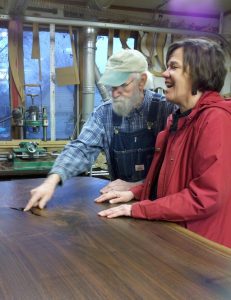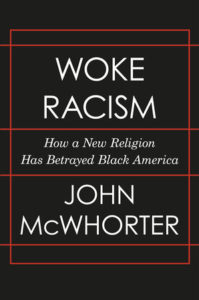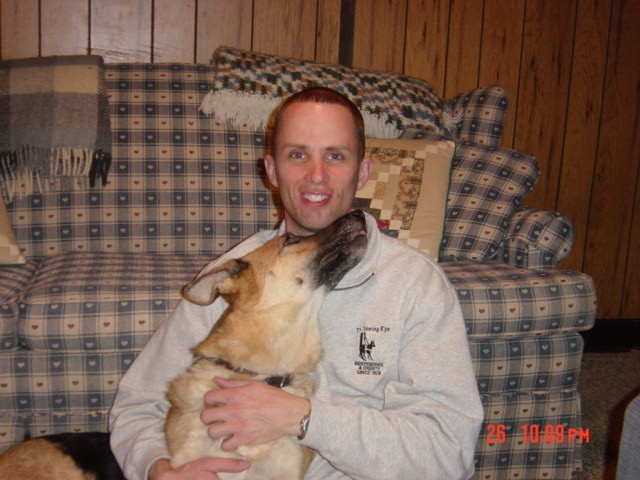Senior Class: Karen’s Sex Education
November 20, 2021 • 4 Comments • Posted in guest blog, memoir writingI am pleased to feature Karen Fontaine as our Senior Class guest blogger today. A Professor emeritus in the College of Nursing and Psychiatric Nursing at Purdue University Northwest, Karen has retired after a long successful career as a nurse, scholar, therapist, author, lecturer and educator. She maintains her private practice in counseling, and somehow finds the time and energy to participate in the memoir-writing class I lead at Admiral-at-the Lake on Wednesday afternoons, too. The essay she wrote when I assigned “Rules I was Supposed to Follow as a Kid” helps explain her lifelong interest in all these fields, and I was delighted when she agreed to let me share her “rules” essay here with you Safe & Sound blog readers.
Rules I Was Supposed to Follow
by Karen Fontaine, RN, MSN
Sex: not to be talked about, not to be done.
At 4 years of age I awakened from my afternoon nap and decided to put lots of scotch tape on my genitals. When my mother walked into my bedroom, she freaked out. “No, no, no, no, no!” I didn’t know what was wrong, but I knew it was serious. “We don’t do that kind of thing!”
What kind of thing? Was scotch tape only to be used on paper? What’s wrong here?
About the same age, I walked in on my father as he was putting on his underwear. When he saw me, he leaped into the walk-in closet. “He has cow udders!” I thought. Growing up in Wisconsin, I’d seen lots of those. “BUT why is he jumping in the closet? How strange.” I wish now that I could tell the confused child that she’s okay.
These incidents illustrate my family’s pejorative approach to sexuality. Don’t look, don’t touch, don’t call it by name.
Sex education in my family was negative and shame-based. The rule was no sex until you are married. But they certainly never said or implied anything positive about enjoying sex in marriage. So, the question became, “If it’s so awful, why would I save it for the person I loved?” I decided to find out for myself: I became sexually active when I was 16. Sex was okay, just okay.
“What’s the big deal about sex”, I wondered. Of course, I wasn’t orgasmic in my teens. After that scotch tape episode, I was convinced it was bad to explore my own body.
Fast forward to my 24th year of life. I am in the basement of the church getting dressed for my wedding. Minutes prior to walking down the aisle, my father turns to me and says: “I guess I don’t have to tell you about sex, since you are a nurse.” I was stunned. “My father said the word ‘“sex?”” I thought. “My father thinks I am a virgin? This is a hell of a time to be trying to do sex education.” I muttered something and tried to smother my look of shock.
So no wonder I spent 40 years as a sex therapist trying to help others cope with destructive family, religious, and social messages about sex. Over the years I have also become an advocate for positive sex education — for people of all ages.
Karen Fontaine is a certified sex therapist and has served on the Editorial Advisory Board of the Journal of Couple and Relationship Therapy since 2000. Her private practice in Chicago specializes in Sex Therapy, Relationship Therapy, and Individual Therapy.</p

 Tomorrow night, Thursday, November 18, 2021, I will be one of four women with disabilities on an hourlong free Zoom panel sponsored by the Skokie Public Library:
Tomorrow night, Thursday, November 18, 2021, I will be one of four women with disabilities on an hourlong free Zoom panel sponsored by the Skokie Public Library:

